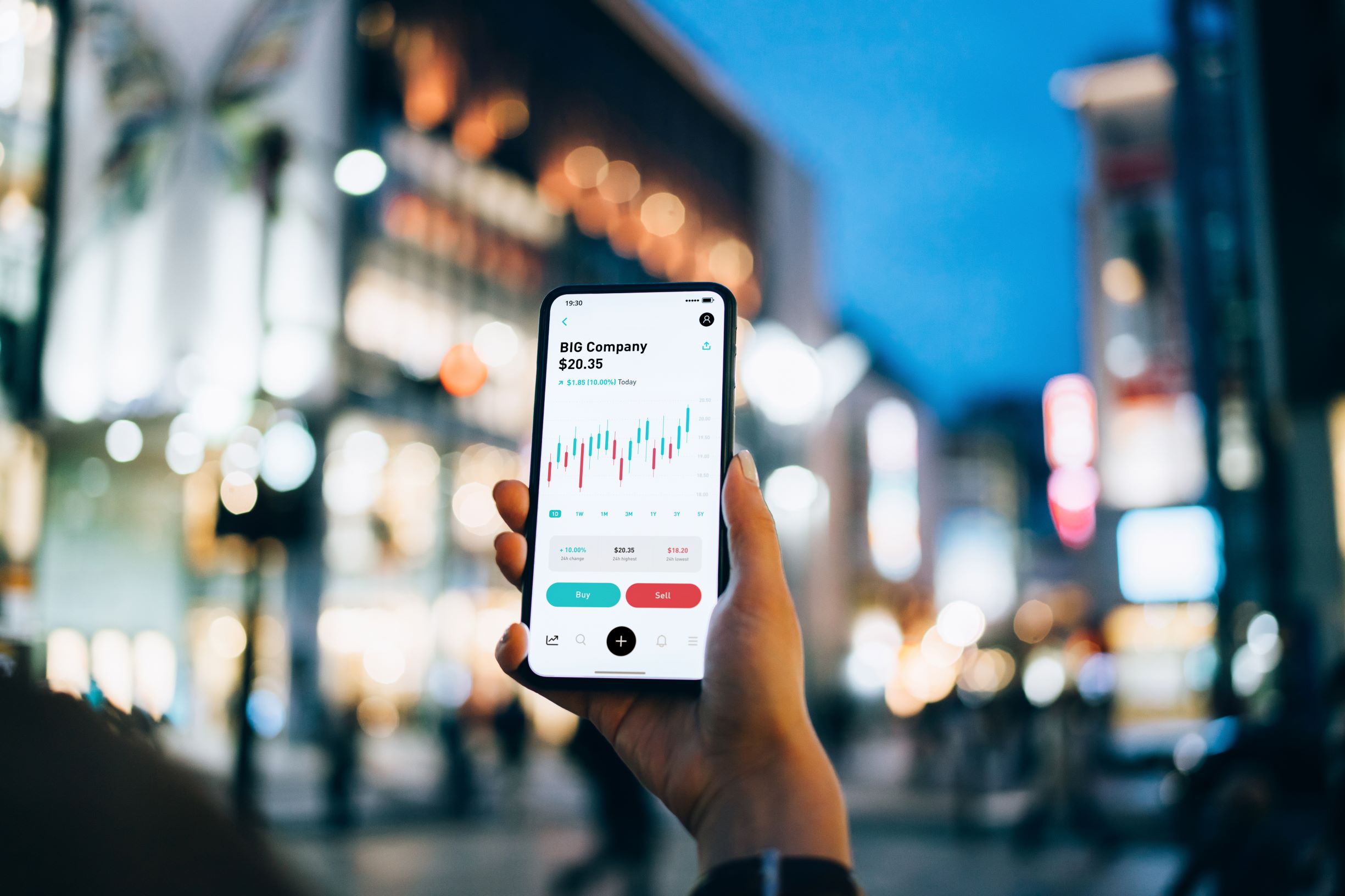- Market Data Approach
- News
Increase of over 3 Million Individual Shareholders in FY2020
 [Nikkei QUICK News] On July 7, the Tokyo Stock Exchange released the results of the '2020 Shareownership Survey.' Under the influence of COVID-19, the number of individual shareholders increased to 59.81 million, up by 3.08 million (5.4%) from the previous year, supported by high stock prices and the widespread use of online securities. Some are hoping that individual investors will increase their presence as a holder of tradable shares in preparation for the market restructuring of TSE next spring.
[Nikkei QUICK News] On July 7, the Tokyo Stock Exchange released the results of the '2020 Shareownership Survey.' Under the influence of COVID-19, the number of individual shareholders increased to 59.81 million, up by 3.08 million (5.4%) from the previous year, supported by high stock prices and the widespread use of online securities. Some are hoping that individual investors will increase their presence as a holder of tradable shares in preparation for the market restructuring of TSE next spring.
■ Number of individual shareholders increased by more than 3 million even with no major IPOs
A remarkable point of the '2020 Shareownership Survey' was that individual shareholders increased by more than 3 million even with no major IPOs. In FY2018, when the number of individual shareholders increased by 3.43 million, the impact of IPOs such as the listing of Softbank Corp. (9434) is deemed to have boosted the number by 1.26 million. In FY2020, however, the number of individual shareholders increased by about 410,000 affected by IPOs. On the other hand, the number of individual shareholders of listed companies that were not affected by IPOs, stock splits, or reductions in the size of their investment units rose to 2.84 million, the most since 2000, the year for which data are available.
The reason for the increase is the effect of higher stock prices and the expansion of the base of individual investors. In FY2020, the Nikkei 225 rose after sharply falling on concerns about COVID-19. The rate of increase during the fiscal year was 54%, the highest in 48 years. It seems that many individuals have started investing in the trigger of the 'stay-at- home' caused by the COVID-19 pandemic. According to the TSE, systems such as the NISA (Nippon Individual Savings Account) also appear to have contributed to the expansion of the individual shareholder base.
In fact, the number of new investors is increasing, especially among online securities firms. Rakuten Securities, a subsidiary of Rakuten Group Inc. (4755), reached 6 million accounts in May 2021, and 75% of the new accounts opened in the January-March period were by so-called investment beginners.
■ Will individual investors become more important as a holder of 'tradable shares'?
In the market, there are expectations for further expansion of individual investors. The Nikkei 225 currently has a heavy upside, and investors are unlikely to benefit from higher stock prices. Nevertheless, expectations are growing for a sustained expansion of investors utilizing NISA.
Makoto Sengoku, Senior Equity Market Analyst at Tokai Tokyo Research Institute Co., Ltd., said, "Individual investors will become more important as an investment entity to help companies maintain a high 'tradable share ratio'" in view of the market restructuring next spring.
Under the market restructuring, TSE will establish a requirement for 'tradable share ratio' to ensure that listed stocks have a constant scale and liquidity. The ratio must be at least 35% in the Prime Market, which is the top-tier market, and 25% in the Standard Market and Growth Market to be required for an initial listing, and a continued listing.
Mr. Sengoku believes that "Companies with a low tradable share ratio will make efforts to increase the number of individual shareholders." Specific measures include establishing and expanding shareholder benefit and increasing dividends.
It seems that many individual investors who started investing in the COVID-19 pandemic had a successful experience thanks to the global stock market surge. How to attract more individual investors triggered by the market restructuring, company behaviors are likely to attract attention in the future.
QUICK

Since its founding in 1971, QUICK has become Japan's largest financial information vendor, and has developed an information infrastructure that supports Japan's securities and financial markets. It delivers high-value global market information from a fair and impartial perspective to a wide range of customers including securities firms, banks, institutional investors and corporations.
See More
